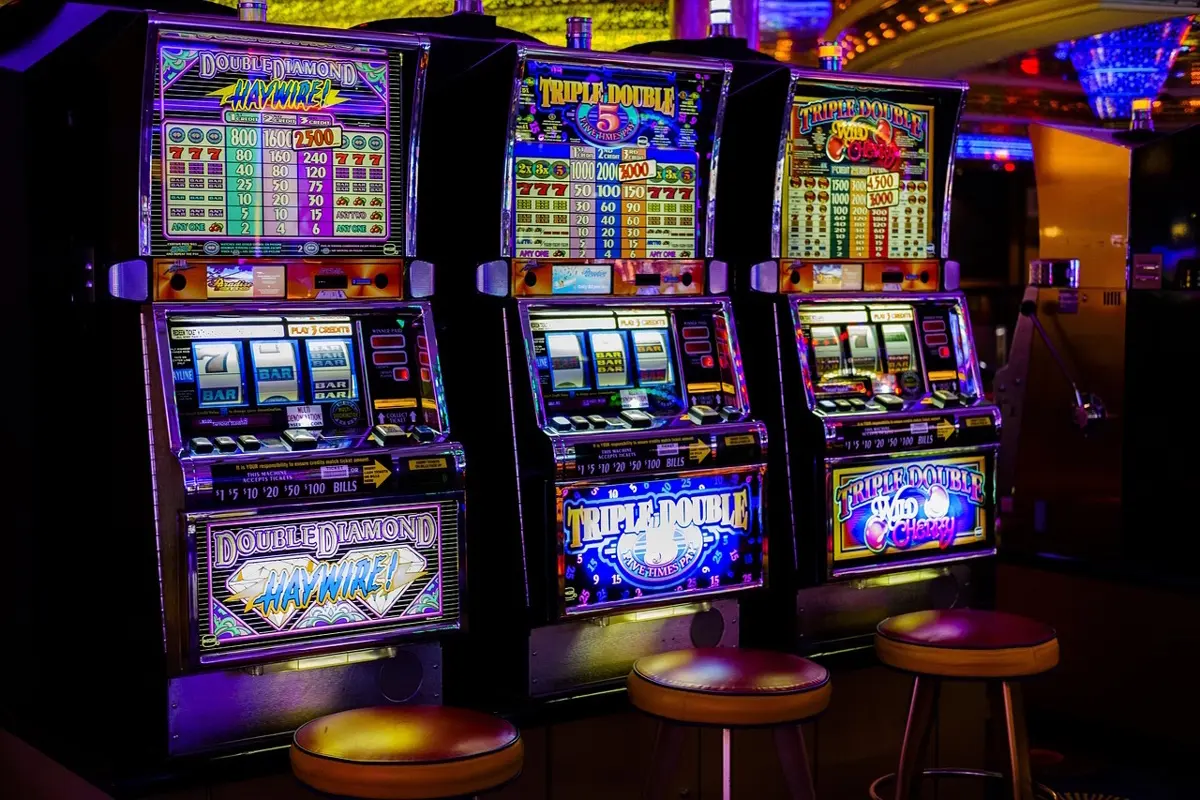Artificial intelligence in online game development
Online gaming has become an essential part of modern entertainment, touching millions of lives across the globe. It offers a unique blend of technology, creativity, and social interaction that continues to captivate players of all ages. From simple beginnings, online games have developed into expansive digital worlds where users not only play but also communicate, compete, and collaborate.
The appeal of online gaming lies in its accessibility and variety. Whether on a computer, console, or mobile device, players can enter immersive environments designed to entertain and challenge them. Games range from fast-paced action titles to deep, story-driven role-playing adventures, allowing people to find experiences that match their interests. This slot gacor broad selection contributes to the widespread popularity of online gaming, drawing in diverse groups worldwide.
What sets online gaming apart is its ability to connect individuals. Players often team up with friends or strangers to achieve common goals or test their skills against one another. This interaction fosters a sense of community, making gaming a social activity rather than a solitary one. Many players form lasting friendships through these virtual connections, finding camaraderie in shared experiences and cooperative play.
The growth of online gaming has also created new opportunities beyond entertainment. Competitive gaming, or eSports, has emerged as a professional field where skilled players compete for large audiences and prize money. Streaming platforms allow gamers to share their playthroughs, tips, and personalities with fans around the world, creating vibrant online communities. This evolving landscape has opened careers in content creation, coaching, event management, and game development.
However, the rise of online gaming brings its own set of challenges. Players must manage their time effectively to avoid negative impacts on daily life, such as neglecting responsibilities or health. Online environments can sometimes expose players to toxic behavior or harassment, which developers and communities continue to address through moderation and improved safety features. Privacy and data security are also important concerns as gaming often involves sharing personal information.
Despite these issues, online gaming offers numerous benefits when approached mindfully. It can improve cognitive abilities such as problem-solving, strategic thinking, and hand-eye coordination. Many games encourage teamwork and communication skills, especially in multiplayer settings where cooperation is key. Additionally, gaming can be a valuable outlet for relaxation, stress relief, and creative expression.
In essence, online gaming is more than just a pastime; it is a cultural phenomenon that influences how people interact and entertain themselves in the digital age. Its ability to unite individuals, foster creativity, and generate new career paths highlights its significance. As technology advances, online gaming will likely continue to evolve, offering even richer and more inclusive experiences for players worldwide.
Balancing enjoyment with healthy habits and awareness of potential risks will help ensure that online gaming remains a positive and rewarding part of modern life. Its impact on society reflects the ongoing relationship between humans and technology, showcasing how virtual worlds can bring people together in meaningful ways.…

 =
=


